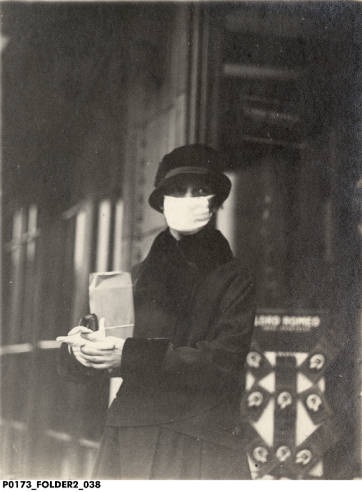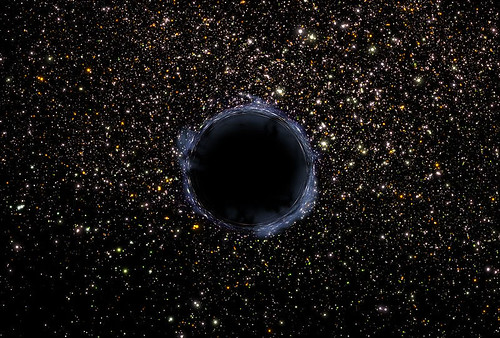
Get yourself behind me, influenza.
Americans are united in wanting the rest of their lives. We have things to do, issues and decisions and actions that are vital in the here and now. Some we’ve known about, others are a surprise or a shock, regardless, we want to do them. Do them now and not do influenza anymore. We know how bad it’s been, but it’s time to move on and do what’s needed, required, demanded, and necessitated by life today.
For Day 83 in 1918, November 27, one thing must be done now: tomorrow’s holiday, Thanksgiving.
Around tables, we are determined to gather, eat, and reflect on the war, on the pandemic, and most of all on the future left to the fortunate living.
Please let us prepare to celebrate gratefulness tomorrow.
Thanksgiving will be all the more important to recognize because we surrendered Halloween. Influenza won that day—forcing us inside, pushing away visitors, and shutting down a night of costumes and mischief with friends and family. But Thanksgiving is all ours. We’ll win and influenza will yield the field.
Influenza fights with no rules and ignores the things you find important. Or influenza takes your rules and your values in measuring importance and uses them against you.
On Thanksgiving Eve, influenza is all set for the next holiday.
The Denver Post declares “All Flu Records Smashed In Denver In Last 24 Hours.” Logansport, Indiana has new complaints of influenza as does Glidden, Iowa where a basketball game produced “a large number” of new victims of the sickness. Buffalo, New York’s health commissioner said his city had fifteen new influenza patients with five suffering people waiting in front of his office before he had opened for the day. Both Erie, Pennsylvania and Columbia, Missouri have significant rises in new cases and both adopt new, tougher orders to reimpose a quarantine. Many people in Erie are especially irate that the more stringent rules would result in postponement of a local football game between two rival high schools. California also sees jumps in influenza; seventy-two new cases appear in San Diego, ten new cases in San Francisco, and eleven more in Fresno. In Los Angelos frustration runs high with the tide because while new cases have leveled out, there is no success whatsoever in pushing the number down. An advertisement for influenza treatment in San Francisco summarizes the mood in many an American community: “an old enemy is with us again.”
The mood is far from unifying.
A lot depends on how you define your outlook. The Denver Post editors blaze new ground by boldly stating that more people were now dead in Denver from influenza than have died in the entire state of Colorado as a result of the World War. The double-strike is unmistakable: city/state and bodily-illness/human-warmaking.
A San Francisco newspaper veers in another direction. It reports ten new influenza cases not as an alarm but rather as proof this “wasn’t a flare-up of the epidemic.” The implicit point is that the reader would remember the depth of the horror in October and conclude positively that better days are here.
Others can’t quite decide. Newspaper writers in Visalia, California note that churches have opened though at the same time worshippers must continue mandatory mask-wearing. The San Francisco health commissioner, William Hassler, doesn’t discourage Thanksgiving holiday gatherings but he does discourage dancing after the holiday meal was finished—too much hand-in-hand and arm-in-arm contact is risky. A Fresno newspaper emphasizes that although new cases are evident, two local emergency hospital established temporarily were closing as a result of influenza’s decline. Fresno’s health commissioner refuses to lift the requirement to wear masks, maintaining a posture of “watchful waiting” to determine how long the rule would continue.
This is the problem of the return. Are we better off because the new is less? Or are we worse off because the new is a first step in repeating the old?
The indisputable is tomorrow. It’s Thanksgiving. And no one wants another version of Halloween.
A thought for you on Day 83, June 2, 2020, eighty-three days after President Trump declares Covid-19 a national emergency—the thing in front of us. We’re looking at utterly opposite situations that share a common element. The opposite is today in 2020 and today’s today in 1918. Then, the thing in front of Americans is Thanksgiving. Now, the thing in front of Americans is social unrest flowing from the killing of George Floyd. A time of happiness and holiday in 1918 versus a time of protest and riot in 2020. Yet, worlds apart, they share a void called pandemic. And when the holiday ends or the hellishness quiets, the pandemic will be there. It will infect and affect people emergent, from people coming out of their moment with whatever attitudes and ideas have been built in the present now past. They enter a future with the pandemic in altered form. The pandemic will lock onto new human bodies, new victims. It will also seep into the inner workings of people’s minds, whether their bodies are healthy or ill. The cares they developed, the burdens they carried, even those that have nothing at all to do with physical wellness, will find a new trace of the pandemic. The trace will remind them of a contrast between crisis across communities in time before and calamity among communities in time now. The pandemic has not finished speaking. As before, it will interact with the dominant and defining public issue. From the interaction will rise a new phase as well as a new verdict.

(note to reader—I invite you to subscribe to this series/blog. The purpose of my posting in this series is the purpose of my enterprise at Historical Solutions—to explore the past in a new way that brings new and different value to you, both in the present (this minute) and on the edge of the future (what’s ahead or forward of this minute). The past is everything before now, the totality of all time before the present; history is a set of very small slices of the past that, for a particular reason, have been remembered. If you wish to contact me privately, please do not hesitate to text or call 317-407-3687)







